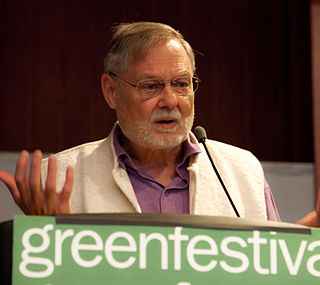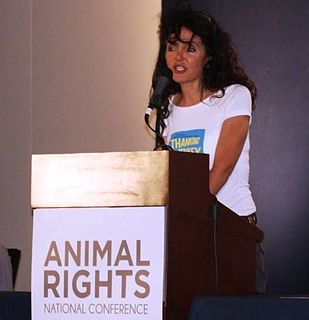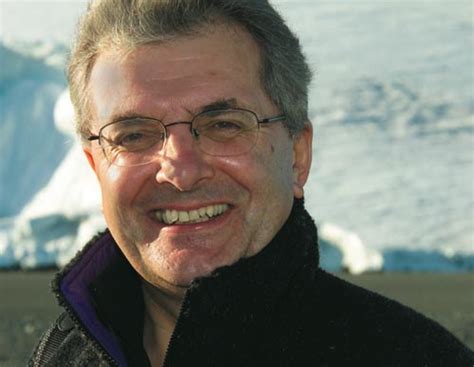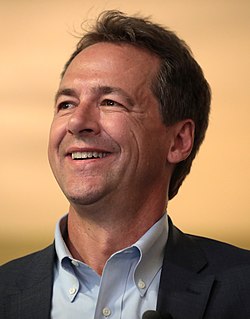A Quote by Duane Elgin
Simplicity means to choose ways of living that touch the Earth more lightly and that reduce our ecological footprint.
Related Quotes
We see a world of abundance, not limits. In the midst of a great deal of talk about reducing the human ecological footprint, we offer a different vision. What if humans designed products and systems that celebrate an abundance of human creativity, culture, and productivity? That are so intelligent and safe, our species leaves an ecological footprint to delight in, not lament?
Now there are heavy houses everywhere and more of them are being built. In fact, it is only when more houses are being constructed that some countries consider their economics healthy. Yet each house is a heavy footprint on the Earth. Just as all our possessions represent-if we cannot learn ways of sharing them-a weight and clutter that often means the faces of future generations will look up into darkness and the pressure on the Earth of "things."
Some people feel that humans have a right to eat other animals but not to trash the earth. They may choose veganism because a vegan's ecological footprint is light, but once they are not invested in eating animals, they are more likely to be willing to learn the details of what happens to them. That learning will encourage compassionate people to stick with a plant-based diet.
Although reducing human emissions to the atmosphere is undoubtedly of critical importance, as are any and all measures to reduce the human environmental "footprint", the truth is that the contribution of each individual cannot be reduced to zero... If we believe that the size of the human "footprint" is a serious problem (and there is much evidence for this) then a rational view would be that along with a raft of measures to reduce the footprint per person, the issue of population management must be addressed.
We are living as if we had three planets' worth of resources to live with rather than just one. We need to cut by about two-thirds our ecological footprint. For that we need one planet farming as well as one planet living - one planet farming which minimises the impact on the environment of food production and consumption, and which maximises its contribution to renewal of the natural environment
Why is fear part of earth life? Perhaps our Heavenly Father’s greatest hope is that through our fears we may choose to turn to Him. The uncertainties of earth life can help to remind each of us that we are dependent on Him. But that reminder is not automatic. It involves our agency. We must choose to take our fears to Him, choose to trust Him, and choose to allow Him to direct us. We must make these choices when what we feel most inclined to do is to rely more and more on our own frantic and often distorted thinking.
Throughout the world today there is a gowing awareness of the failings of the Western model of development and a corresponding desire to look for more human-scale, ecological ways of living. If Ladakh now succeeds in creating for itself a future which retains the foundations of its traditional past, it will be an inspiring example of how all the various elements of an ecological future fit together.
We're starting with our own carbon footprint. Not nothing. But much of what we're doing is already, or soon will be, little more than the standard way of doing business. We can do something that's unique, different from just any other company. We can set an example, and we can reach our audiences. Our audience's carbon footprint is 10,000 times bigger than ours... That's the carbon footprint we want to conquer.
Measured against the Problem We Face, planting a garden sounds pretty benign, I know, but in fact it’s one of the most powerful things an individual can do - to reduce your carbon footprint, sure, but more important, to reduce your sense of dependence and dividedness: to change the cheap-energy mind.



































